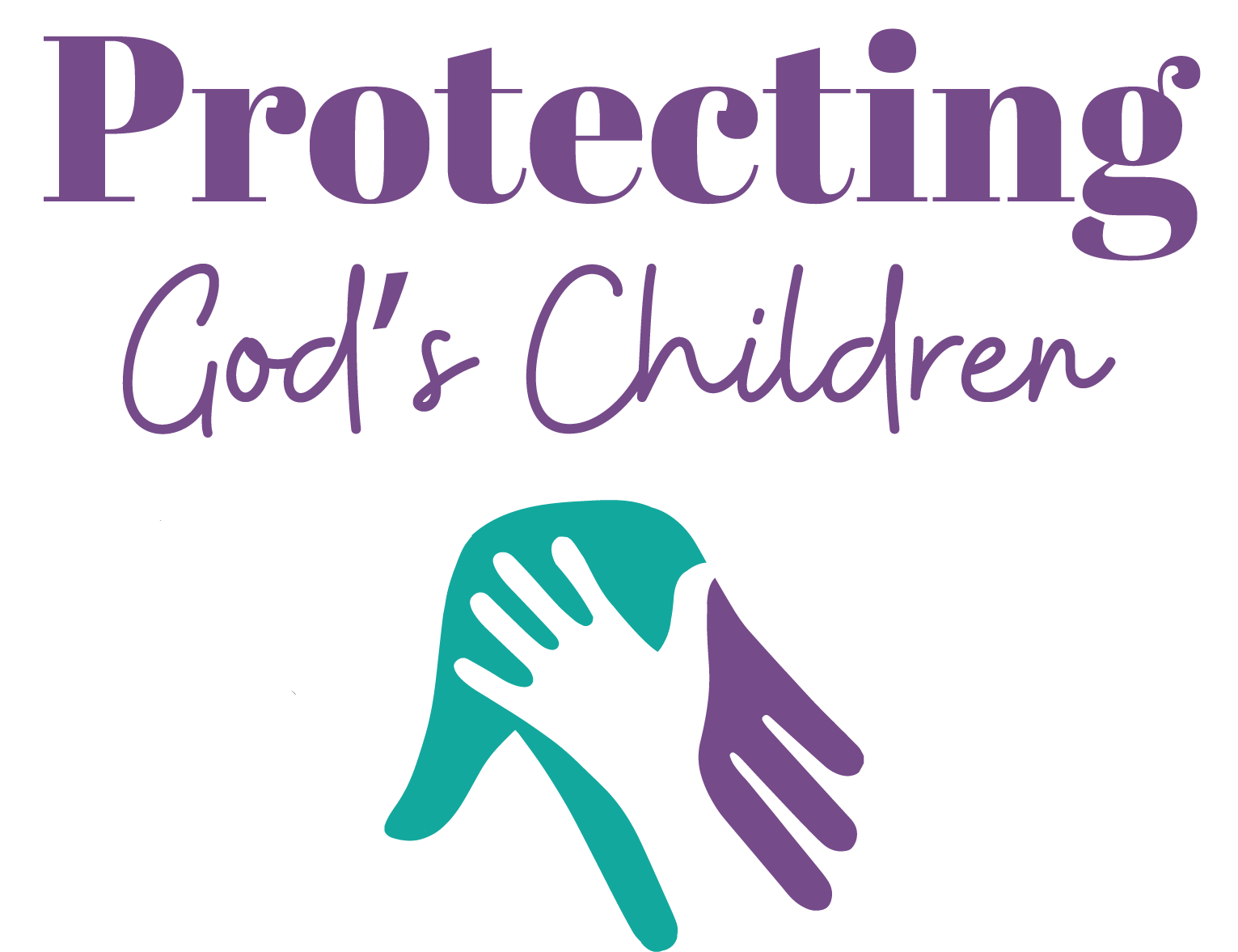Foster Care Goals
The goals of the foster care system are for children to achieve permanency, safety, and well-being. Different outcomes can lead to the achievement of these goals. Though reunification is the goal in most individual cases at the outset, it often fails and other outcomes result.

Aspects of Foster Care

Reunification
The majority of children who leave foster care do so through reunification with their biological families. In order for families to reunify, they must meet the court’s demands and hopefully demonstrate an ability to provide a safe, stable environment for the child(ren) once they are returned.
Adoption
Many children (over 50,000 per year) are adopted from the foster care system. Their biological families are either unable or unwilling to work their case plans in order to reunify, so parental rights are terminated, and new, adoptive families are found. Often, the child’s foster family adopts the child. Sometimes, a new adoptive family is found. Sometimes, a relative of the child adopts him or her.

Aging Out
When a youth or young adult in foster care is not adopted or reunified, and reaches a certain age, which can vary depending on state and circumstances, he or she ages out of the foster care system. The prospects for young adults who age out are generally quite grim. Their lives are often marked by homelessness, lack of education, crime, substance abuse, and other types of dysfunction.
Long-term Foster Care
Many children who are not reunified or adopted wind up staying in long-term foster care.
Foster Care Fast Facts
391,098
children are currently in the United States foster care system.
63%
of the children entering foster care suffered neglect.
20,000 kids
will age out of the foster care system this year.
Biological Family
As followers of Jesus, we are called to love our neighbors. It is important to recognize that the biological family members of the children we foster are our neighbors. While we need to keep children safe, and we may not believe reunification is necessarily in the child’s best interests, we are called to love and must treat them as image bearers of God.
Trauma
Much has been learned about trauma in recent years. Most children in foster care have experienced both trauma and loss. Such experiences may lead to behavioral issues and the need for ongoing counseling.
Special Consideration
As is the case with adoption, so in foster care we might be asked to take in sibling sets, older children, and/or children with special needs. Again, we must be open to what God is calling us to do. We must also be aware that foster care will impact the children already in our home and must do our best to prepare them.

Do You Have a Passion
for Children in Foster Care?
If so, we invite you to join our “Protecting God’s Children” Facebook group. This group is for anyone who is part of an Anglican church who has experience, or an interest, in ministry related to adoption, foster care, family preservation, or international orphan care. Whether you’re an adoptive parent, foster parent, adult adoptee, foster care alumnus, have experience working with overseas orphanages, or if you merely want to learn more about how you and your church can care for and protect God’s most vulnerable children, we’d love for you to join so you can make an impact in YOUR community.


